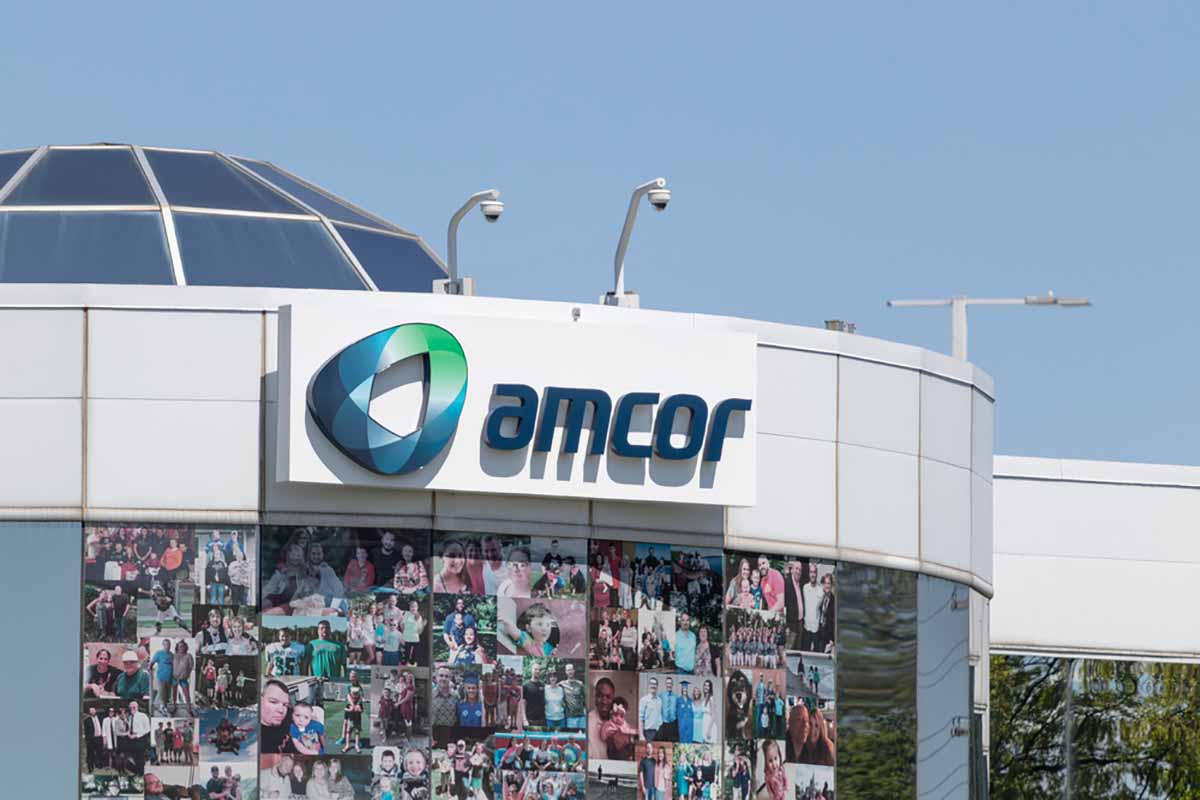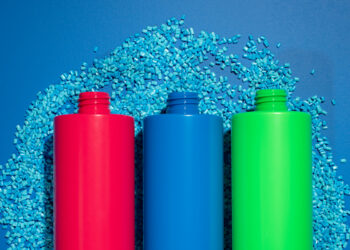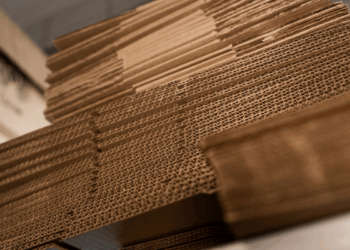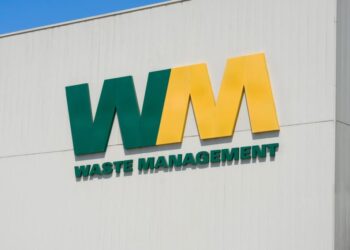Amcor, one of the largest packaging producers in the world, used nearly 84,000 metric tons of PCR during the 2020 fiscal year, according to its sustainability report.
The Zurich-headquartered company purchased 83,917 metric tons of post-consumer resin, up 37% over the prior fiscal year.
The global company produces plastic, metal and fiber packaging, although plastic makes up the largest portion of its portfolio, bringing in 77% of revenue. Much of its plastic packaging is PET bottles, although the company also produces rigid and flexible packaging with other polymers.
The company’s target is to have an average of 10% PCR content across its portfolio by 2025, according to its 2020 sustainability report. The amount of PCR purchased during the 2020 fiscal year represented 4.3% of total resin purchased.
Amcor has signed on to the New Plastics Economy Global Commitment, obligating it to work toward improving packaging sustainability. According to the latest progress report, published earlier this month, Amcor had 3.2% average post-consumer content in its products in 2018. That number increased to 4% in 2019.
The company sees the greatest opportunity for use of PCR in its PET and HDPE rigid packaging portfolio. In rigid packaging, specifically, its goal is to achieve an average of 25% PCR by 2025.






























